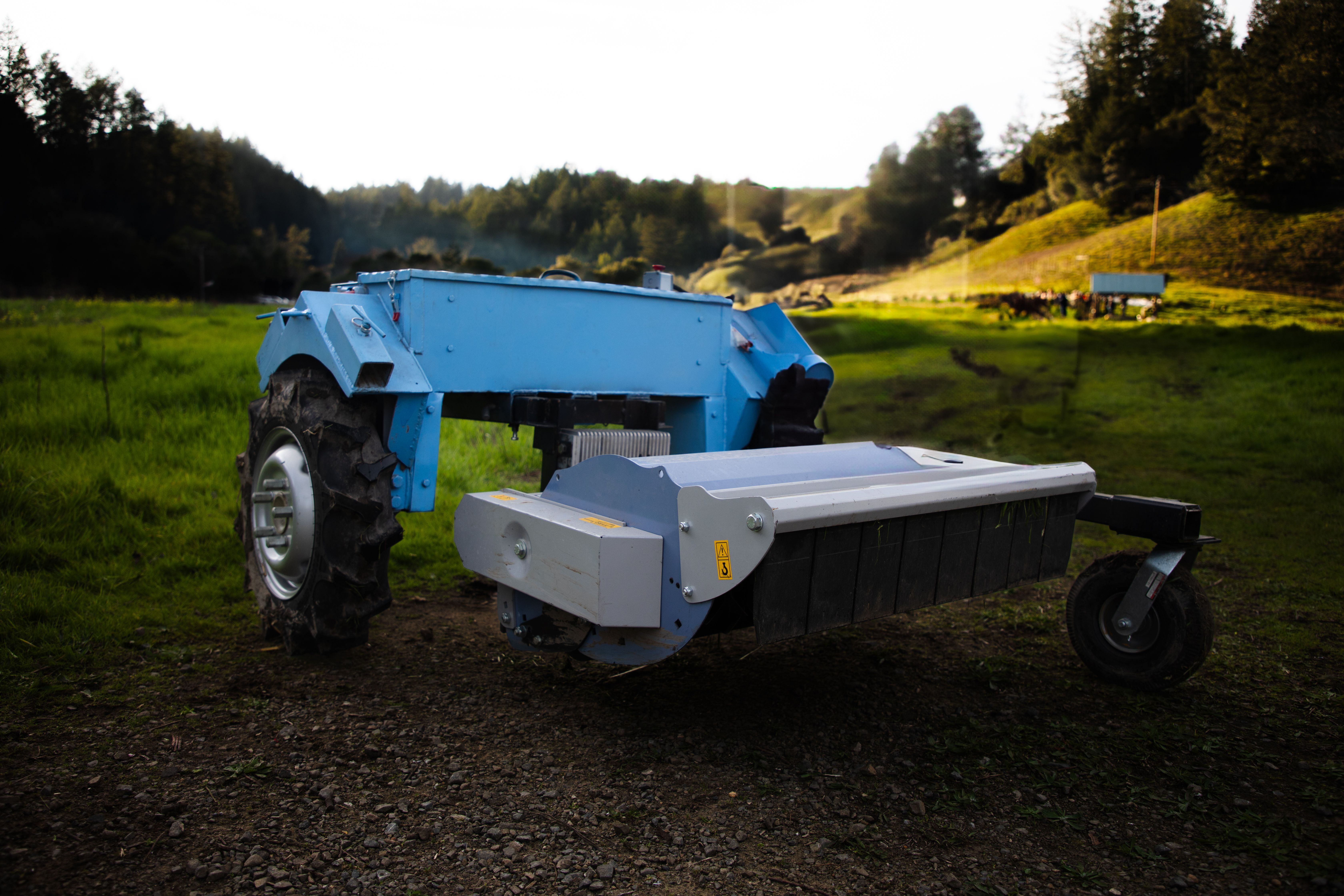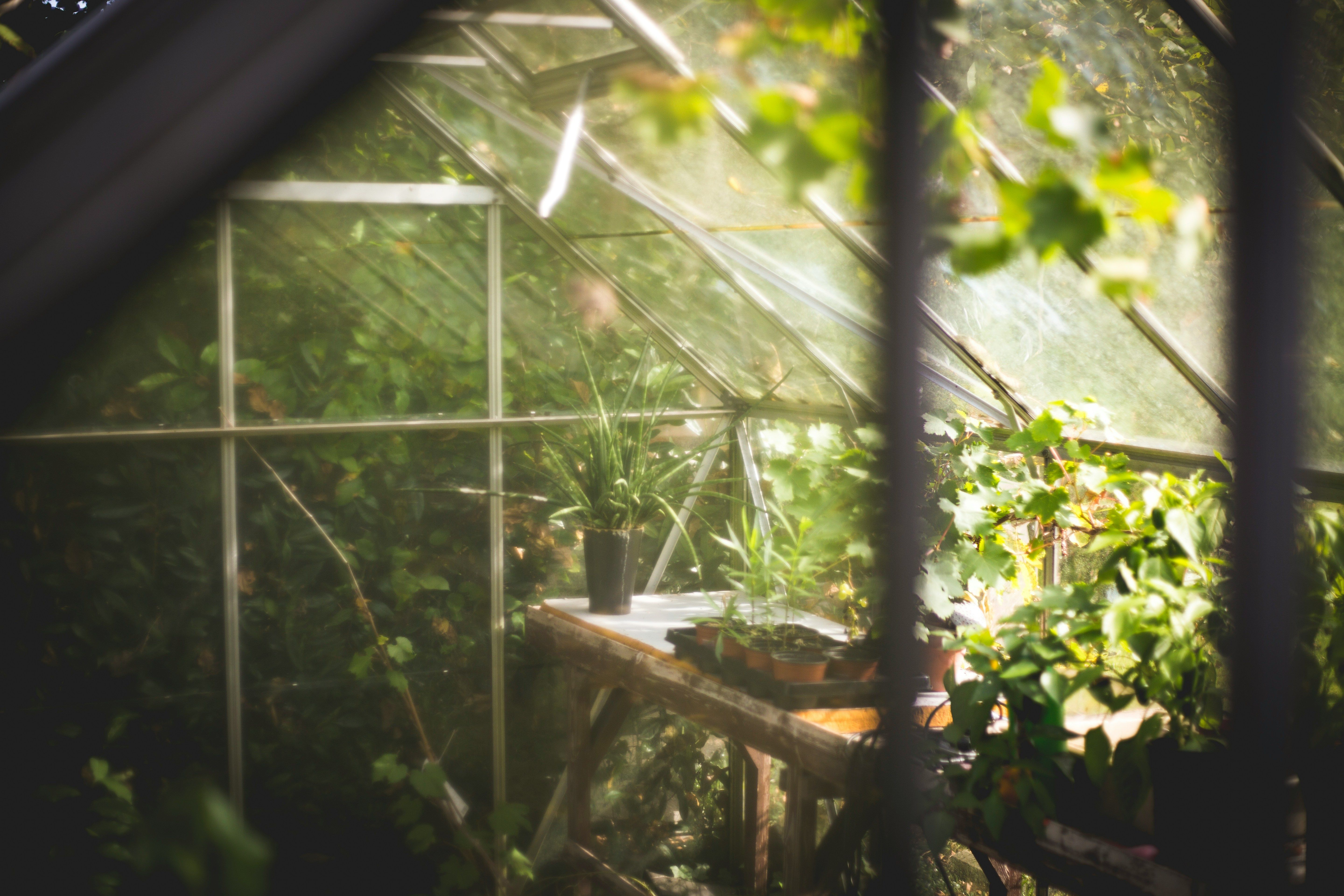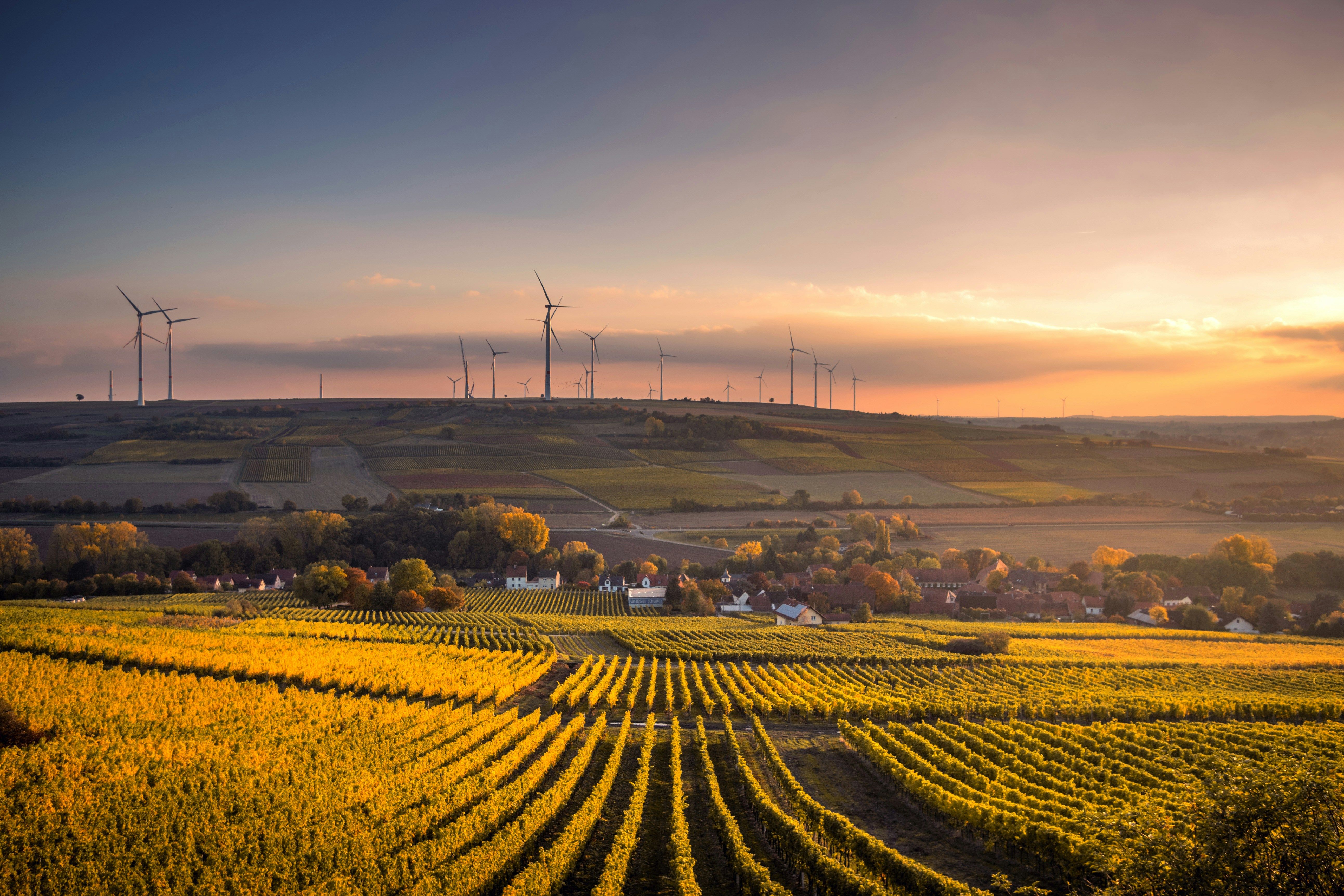Technology is rapidly transforming agriculture, making farming more efficient and sustainable. With growing environmental pressures, the need for sustainable farming practices has never been greater. Technology, from IoT to smart farming solutions, is helping farms reduce waste, optimize resources, and improve productivity. This article will explore how these technologies are shaping the future of farming, focusing on IoT, AI, and emerging technologies.
The Rise of Technology in Agriculture
Core Point: Technology is revolutionizing agriculture, making farming more sustainable and efficient.
Key Areas
- Technology Adoption: AI, data analytics, and IoT are being increasingly integrated into farming to improve crop management, resource use, and yield prediction.
- Environmental Pressures: Technology helps farms reduce waste, conserve water, and minimize the use of fertilizers and pesticides, addressing sustainability challenges.
- Tech-Driven Farming: Tech-driven farming integrates advanced tools like drones, sensors, and automation to optimize farming practices, ensuring a sustainable future.
This shift toward technology is not just improving farming efficiency; it’s ensuring that agriculture can meet the needs of a growing global population while preserving the planet’s resources.
Smart Farming Solutions – Revolutionizing Farming Practices
Core Point: Smart farming solutions are improving efficiency and sustainability in agriculture.
Key Areas
- Automation: Automation is streamlining tasks like planting, irrigation, and harvesting, reducing labor and increasing efficiency.
- Precision Agriculture: Data-driven approaches allow farmers to optimize water, fertilizer, and pesticide use, cutting costs and reducing environmental impact.
- Robotics in Farming: Robots are used for planting, harvesting, and maintaining crops, increasing precision and reducing manual labor.
Supporting Info: Examples of smart farming solutions include automated irrigation systems and drones for crop monitoring, which significantly boost productivity and sustainability.
Internet of Things (IoT) in Agriculture – Connecting Farms for Better Outcomes
Core Point: IoT is transforming farming by providing real-time data and improving decision-making.
Key Areas
- IoT Devices in Farming: Devices like soil sensors, weather stations, and automated irrigation systems help farmers monitor and control farm conditions more effectively.
- Data-Driven Decisions: IoT enables real-time monitoring of crops and soil, allowing farmers to make informed decisions on watering, fertilizing, and harvesting.
- Remote Monitoring: IoT allows farmers to remotely monitor equipment, farm conditions, and livestock, enhancing operational efficiency and reducing the need for on-site checks.
Supporting Info: IoT improves crop yields, reduces water usage, and enhances farm management by providing critical data for better resource allocation and management.
Smart Farming Solutions – Revolutionizing Farming Practices
Core Point: Smart farming solutions are improving efficiency and sustainability in agriculture.
Key Areas:
- Automation: Automation is streamlining tasks like planting, irrigation, and harvesting, reducing labor and increasing efficiency.
- Precision Agriculture: Data-driven approaches allow farmers to optimize water, fertilizer, and pesticide use, cutting costs and reducing environmental impact.
- Robotics in Farming: Robots are used for planting, harvesting, and maintaining crops, increasing precision and reducing manual labor.
Supporting Info: Examples of smart farming solutions include automated irrigation systems and drones for crop monitoring, which significantly boost productivity and sustainability.
Internet of Things (IoT) in Agriculture – Connecting Farms for Better Outcomes
Core Point: IoT is transforming farming by providing real-time data and improving decision-making.
Key Areas
- IoT Devices in Farming: Devices like soil sensors, weather stations, and automated irrigation systems help farmers monitor and control farm conditions more effectively.
- Data-Driven Decisions: IoT enables real-time monitoring of crops and soil, allowing farmers to make informed decisions on watering, fertilizing, and harvesting.
- Remote Monitoring: IoT allows farmers to remotely monitor equipment, farm conditions, and livestock, enhancing operational efficiency and reducing the need for on-site checks.
Supporting Info: IoT improves crop yields, reduces water usage, and enhances farm management by providing critical data for better resource allocation and management.
Sustainable Farming Practices – The Key to the Future of Agriculture
Core Point: Technology is enabling sustainable farming practices that benefit both the environment and productivity.
Key Areas
- Water Conservation: Tech solutions like smart irrigation systems optimize water use, reducing waste and conserving resources.
- Energy Efficiency: Renewable energy, such as solar and wind power, is used to power farming equipment and smart technologies, reducing dependence on non-renewable sources.
- Soil Health Management: Precision farming tools monitor soil conditions, allowing farmers to manage soil health and fertility effectively.
Supporting Info: Sustainable farming practices reduce carbon footprints, improve soil regeneration, and enhance biodiversity, ensuring long-term farm productivity.
Challenges and Opportunities in Adopting Agricultural Technologies
Core Point: While adopting new technologies presents challenges, there are opportunities to overcome them.
Key Areas
- High Initial Investment: The upfront cost of technology can be high, but financial assistance like subsidies and grants can help offset this expense.
- Training and Education: Farmers need proper training to effectively use new technologies, making educational resources crucial.
- Scalability: Both small and large farms can benefit from tech solutions, with scalable options tailored to different farm sizes and needs.
Supporting Info: Financial support and training programs are available to help farmers integrate new technologies, ensuring they can reap the benefits of improved efficiency and sustainability.
Embracing the Future of Sustainable Farming
Core Point: Technology is transforming farming by improving sustainability, efficiency, and productivity, ensuring a brighter future for agriculture.
Call-to-Action: Farmers should explore and invest in emerging technologies to stay competitive and contribute to sustainable farming practices.
Access trusted resources like farm tech providers, government funding programs, and hands-on training to begin adopting modern agricultural technologies that boost productivity and sustainability.



